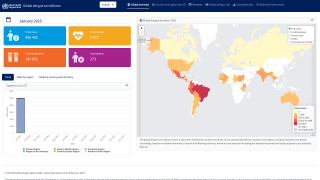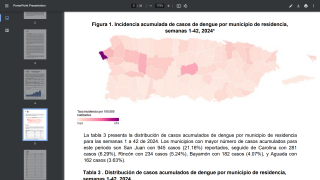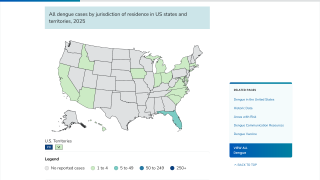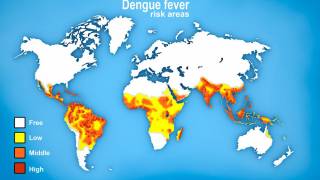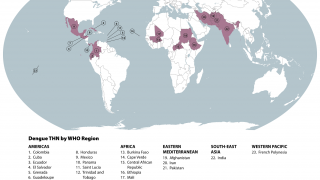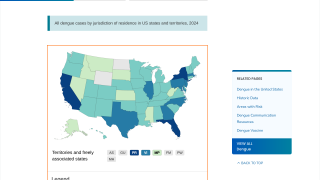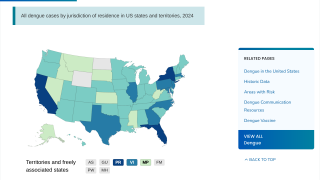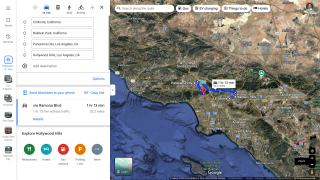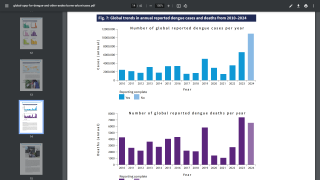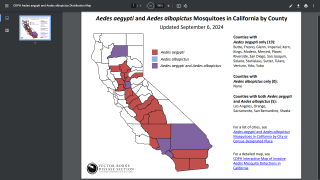Are Hondurans Bringing Dengue and Mumps to the Border?
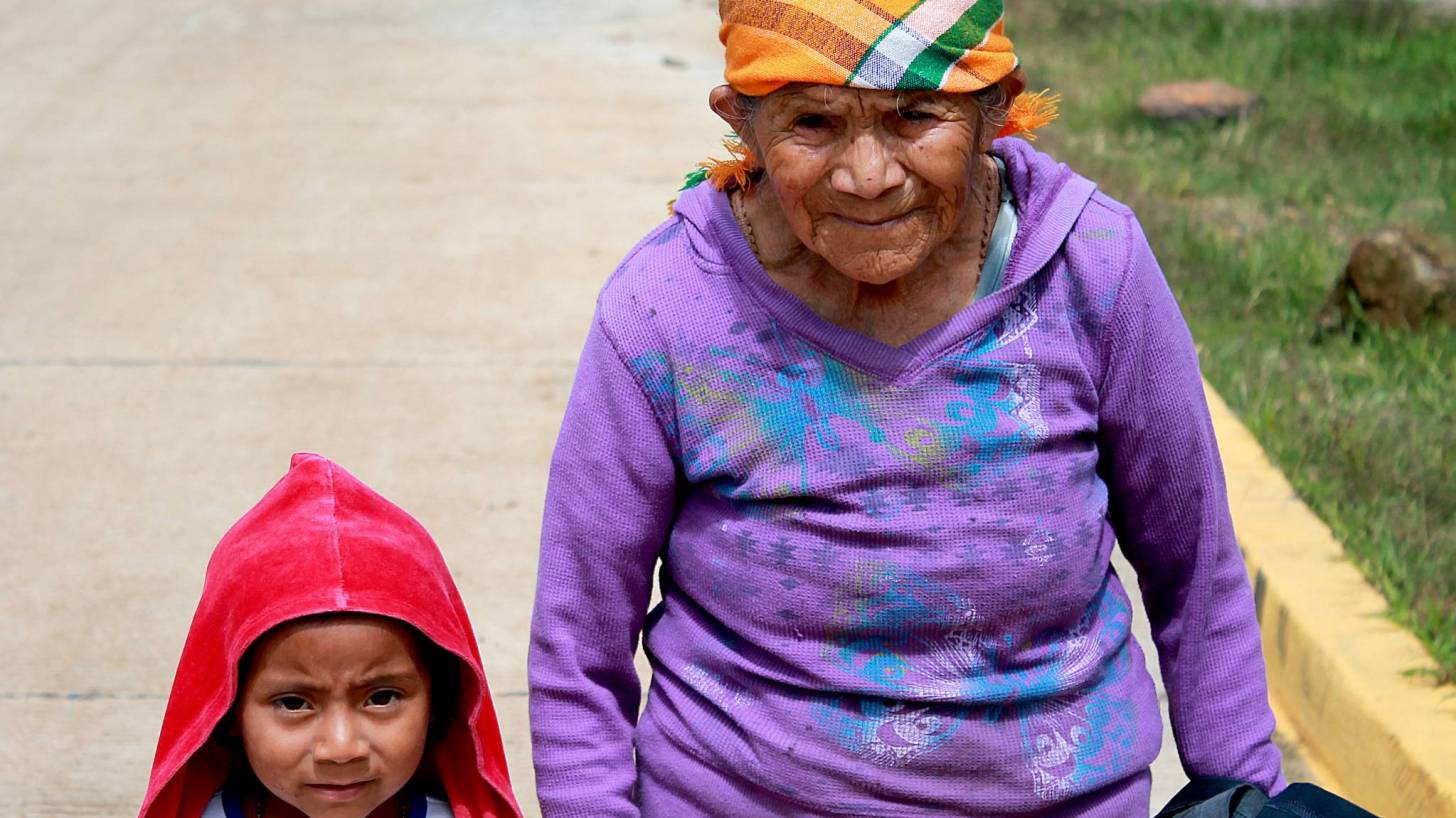
Three recent news articles indicate ‘change is coming’ to how children are diagnosed and receive care for infectious disease at the Mexico/USA border.
Recently, the Washington Post reported two pediatric deaths raising doubts about how Mexican authorities care for minors who are waiting to enter the USA.
In response to these pediatric deaths, US Homeland Security Secretary Kirstjen Nielsen said she is ‘making changes in how children are diagnosed once they enter the USA.’
"At my direction, moving forward, all children will receive a more thorough hands-on assessment at the earliest possible time,” said Secretary Nielson, in a press release.
And, according to the LA Times, the number of children requiring infectious disease diagnosis will soon expand.
The LA Times reported 15,000 Hondurans are preparing to depart for a trip northward into Mexico during January 2019.
While Hondurans have been classified as ‘high-risk’ for infectious disease by IndexMundi, two infectious diseases have made recent headlines in Honduras and Mexico, dengue fever virus, and mumps.
Dengue Fever Virus:
- On November 21, 2018, the Pan American Health Organization reported a total of 6,442 suspected cases of dengue, including 594 cases of severe dengue (9.2%) in Honduras. And, the epidemiological curve was in the ‘alarm zone’ of endemic dengue, with a predominance of DENV 2 subtype most often reported.
- On October 3rd, 2018, the Chiapas Department of Public Health in Mexico reported approximately 1,350 confirmed dengue virus cases and 8 related deaths during 2018. Chiapas is located on the southern Mexican border adjacent to the country of Honduras.
- On September 27, 2018, the Mexican Federal Ministry of Health reported that there were 37,613 suspected cases of dengue fever, including 5,660 confirmed cases and 15 deaths reported in Mexico in 2017.
- The Dengue prevention vaccine Dengvaxia is pending approval in the USA and was approved for use in Mexico during 2015.
- Dengue fever is caused by a flavivirus transmitted predominantly by the mosquito Aedes aegypti. As many as 5% of all Dengue Fever cases evolve into Dengue Hemorrhagic Fever, which is a life-threatening complication that occurs with plasma extravasation, fluid accumulation, breathing difficulties, severe bleeding or organ failure. A Dengue Hemorrhagic Fever infection often requires hospitalized care, says the US Centers for Disease Prevention and Control (CDC).
- During 2018, most of the dengue fever cases reported have been related to international travel, such as California (67), Florida (43) and Texas (18) cases as of December 2018.
Mumps:
- During September 2018, the Honduran Ministry of Health (MOH) announced a state of emergency regarding 5,500 mumps cases reported during 2018. This data is significantly different from 2013 through 2017 when only 138 cases of mumps reported annually.
- Additionally, the Honduran MOH said that there were approximately 3,266,931 adults (34% of the total population) susceptible to mumps because they never received the MMR vaccine as children.
- Separately, the Mexican MOH reported mumps outbreaks in the cities of Mexico City, Sonora, and Chihuahua, totaling 13,619 cases as of April 2018,
- Mumps is a preventable infectious disease with the measles, mumps, and rubella (MMR) vaccine. The mumps component of the MMR vaccine is reported to be 88% effective when a person gets 2 vaccine doses.
- In certain situations, a 3rd MMR vaccine dose may be appropriate.
- Mumps is a contagious disease caused by a virus. It typically starts with a few days of fever, headache, muscle aches, tiredness, and loss of appetite, followed by swollen salivary glands, says the CDC.
- The number of mumps outbreaks reported in the U.S. has risen from 2012-2015 when a total of 47 outbreaks were reported. In contrast, there were 50 outbreaks reported in 2016 and 88 in 2017.
- As of December 1st, the US CDC confirmed 2,106 mumps cases from 47 states and the District of Columbia during 2018.
These dengue fever and mumps virus reports highlight the need for public health officials to increase public awareness and accessibility to infectious disease, preventable vaccines.
Moreover, dengue virus infections could be under-diagnosed.
In a study published in 2013, researchers at the National School of Tropical Medicine at Baylor College of Medicine (BMC) found that 47 percent of the samples tested were positive for dengue virus in Houston, Texas.
“We started with dengue virus since it was highest on the list of possible transmission here in Houston because we have the right kind of mosquitoes and a very large, densely populated city full of frequent travel to endemic areas, including Mexico and Central and South America,” said Dr. Murray, on the BMC website.
To alert Americans when visiting Honduras, the CDC, updated its Honduras travel vaccine recommendations on November 13, 2018.
In addition to the list of routine vaccine recommendations, the CDC says certain visitors to Honduras should consider hepatitis A, hepatitis B, Malaria, Rabies, Typhoid and Yellow Fever vaccinations.
Additionally, the Zika virus is an active risk in Honduras. But there is not a preventive Zika virus vaccine available today.
The CDC says a Zika infection during pregnancy can cause serious birth defects, such as microcephaly.
Therefore, pregnant women should not travel to Honduras.
International air travel poses various risks when it comes to containing the spread of infectious disease, says the CDC.
In order to get from one place to another by an airplane, travelers expose themselves to some people who could be sick.
Moreover, if a traveler is under-vaccinated, they may bring an infectious disease home with them.
The CDC suggests Americans planning trips to either Honduras or Mexico speak with a doctor, nurse or pharmacist regarding travel medicines and vaccination options.
To schedule a pre-trip counseling session with a local pharmacist, please visit Vax-Before-Travel.
Our Trust Standards: Medical Advisory Committee
- Epidemiological Alert Dengue 21 November 2018
- Health calls the population to continue with the vaccination against the Parotiditis
- Honduras Declares State Of Emergency Amid Mumps Outbreak
- Economic impact of dengue in Mexico considering reported cases for 2012 to 2016
- Health Information for Travelers to Honduras
- Have You Considered a 3rd MMR Dose?
- Honduras is a Central American Hot-Spot for Dengue & Mumps
- Level 3 Travel Advisory Issued for Honduras
- Why Bring Home an Infectious Disease?


